All About Workshop Safety
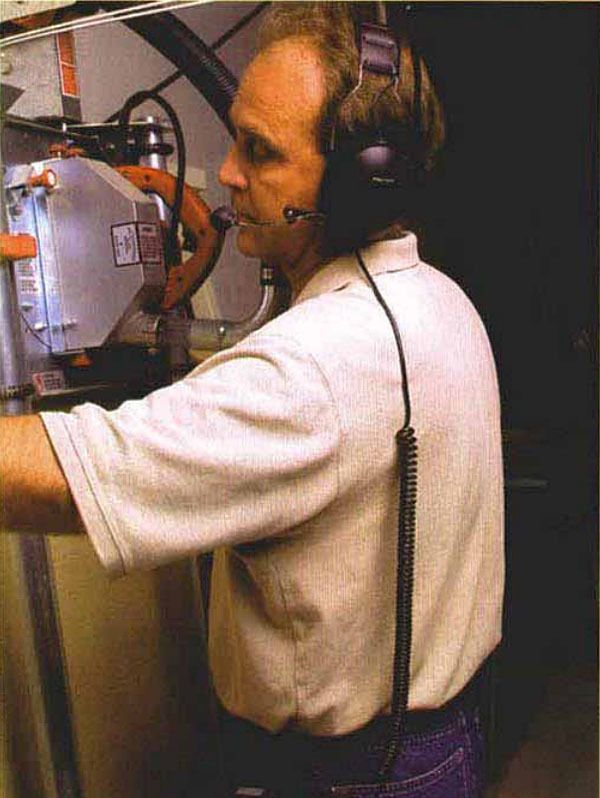
Woodworking is a solitary hobby, and it requires tools and techniques that are inherently dangerous. These two factors make workshop safety a top concern for any woodworker. When working in the shop it is important to protect your eyes, ears, and lungs, and take great care when using hand and power tools.
The Basics:
• Protect your eyes, ears, and lungs: Beware of dust, noise, fumes, and dangerous debris.
• Practice tool safety: Follow generally accepted practices and make use of jigs and cutting aids.
• Prevent long-term injuries: Repetitive tasks and bad posture can cause long-term pain.
Protect your eyes, ears, lungs, and skin
Many aspects of woodworking put you at risk. Flying debris from power tools threatens your eyes. Wood dust and chemical fumes can wreak havoc on your respiratory system. And the loud, high-pitched noises from power tools can damage your hearing. All of these ailments can be avoided with standard safety procedures.
• Safety glasses are required gear in the shop, whether you’re applying a finish or ripping lumber on the tablesaw. Proper eye protection will have shatter-proof lenses, and can range from low-cost plastic goggles to designer prescription safety glasses.
• Constant exposure to the loud noises of routers and other high-pitched power tools can degrade your hearing over time. Disposable ear plugs or ear muffs should always be worn when operating loud equipment.
• A well-running dust and chip collection system is the best defense against exposure to harmful wood dust. Air filters are also beneficial, as they can reduce the amount of fumes or fine dust circulating in a shop. The last line of defense is a respirator, which can range in style from a disposable dust mask to a respirator with replaceable filter cartridges.
• Certain species of wood, such as walnut, contain allergens that can cause skin irritation or other allergic reactions. These allergens don’t affect everyone; however, one can work with a material for many years unaffected before becoming allergic.
Practice tool safety
Hand and power tools should always be used with safety foremost in your mind, whether you’re a new woodworker or a professional with years of experience. One slip-up with a wayward blade or bit is all it takes to incur serious harm. Using hand or power tools improperly or ignoring standard safety practices can lead to permanent injury or even death.
Don’t try to perform operations you aren’t comfortable with until you’re certain they are safe for you. If something about an operation doesn’t feel right, don’t do it. Look for another way.
Prevent long-term injuries
Repetitive tasks, of which there are many in woodworking, threaten the long-term health of your body. Bending over at a bench for long periods of time or contorting your wrist or back to perform an operation can lead to unnecessary pain. There are a number of ways you can set up shop to avoid these issues, such as raising or lowering your workbench and stationary power tools to a comfortable work height.
Fine Woodworking Recommended Products
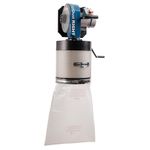
Rockler Dust Right 650 CFM

Grout float

Shop Fox W1826





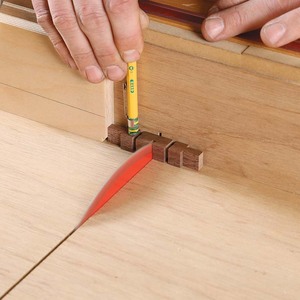
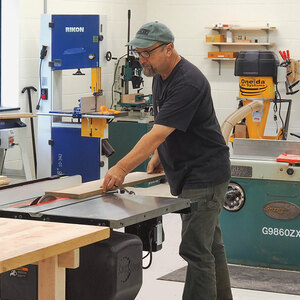
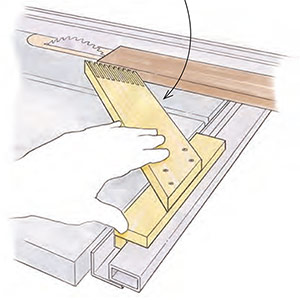




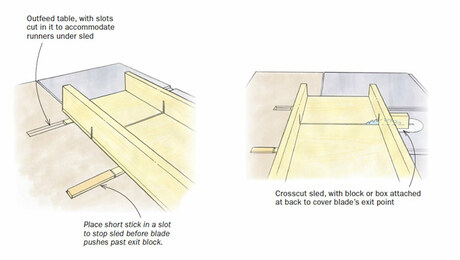
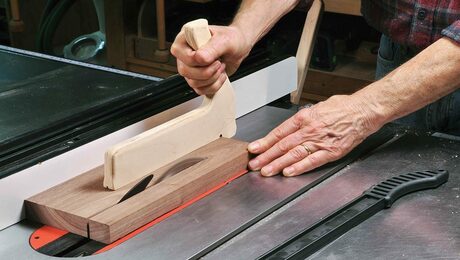
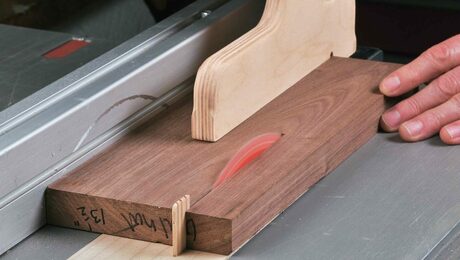









Log in or create an account to post a comment.
Sign up Log in